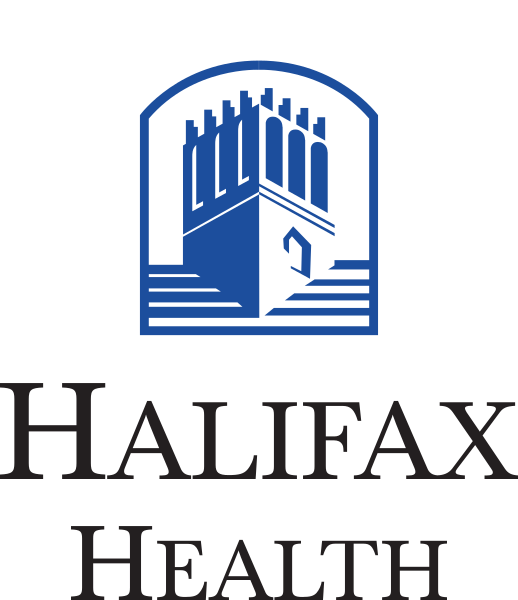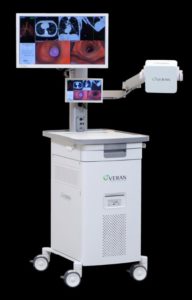Breathe a little easier.
Lung care in our community is very crucial as lung cancer is the leading cause of cancer-related death, and the second leading cause of death after heart disease in Volusia County and the nation. At Halifax Health, we take early diagnosis very seriously in order to combat these startling statistics. If lung cancer is caught in its earliest stage, a patient’s survival rate increases drastically.

 Veran’s SPiN Thoracic Navigation
Veran’s SPiN Thoracic Navigation